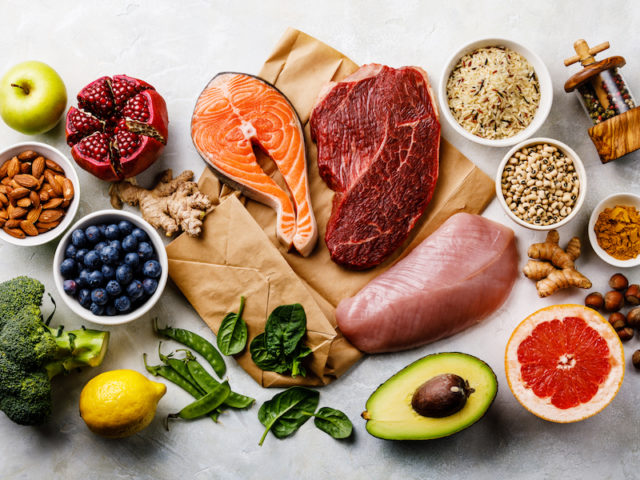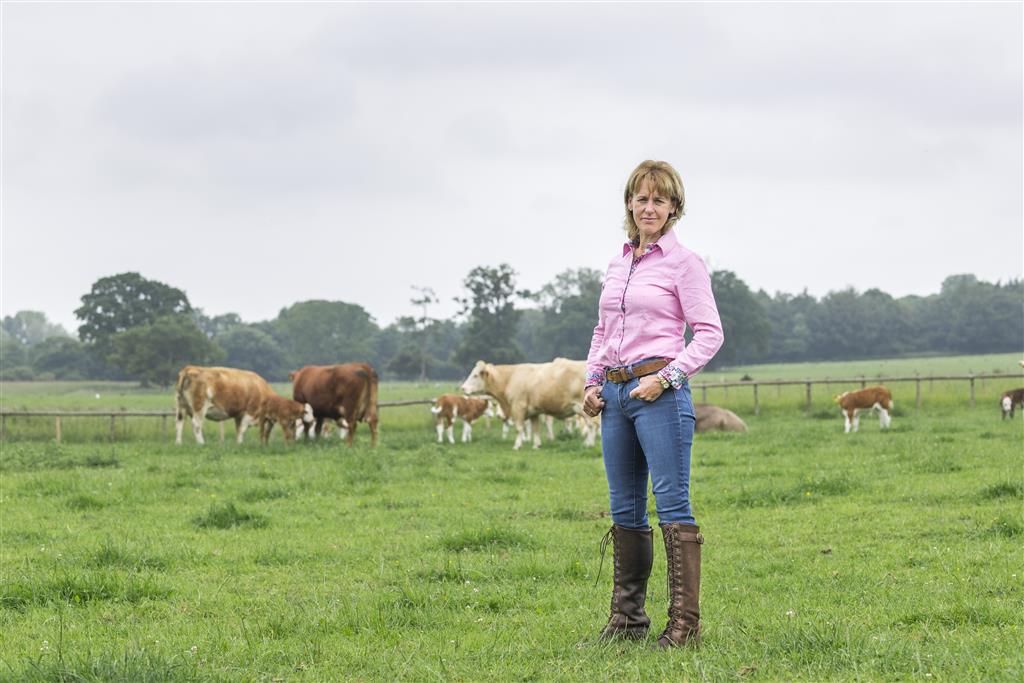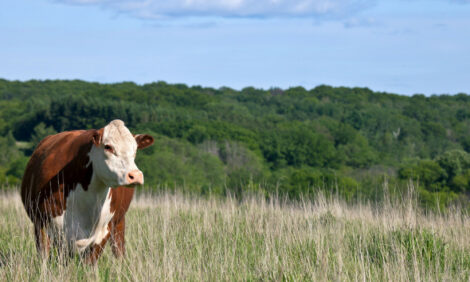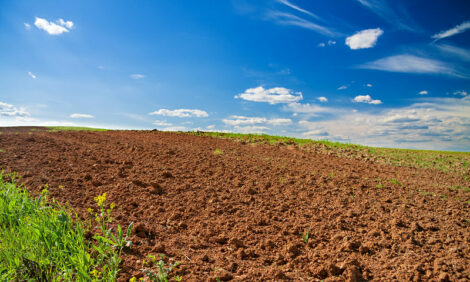



Britain must ditch food habits doing “terrible damage” to health, says new report
Britain must change what it eats and the way it produces food to stop "terrible damage" to people's health and the environment, a government-commissioned report says.
Reuters reports that the report, which will form the UK’s National Food Strategy, is urging consumers to opt for meals with more vegetables and fruit and less fat, sugar and salt.

Seeking to curb widespread obesity and protect the National Health Service (NHS), the National Food Strategy's independent report calls for the introduction of a sugar and salt reformulation tax, with the revenue used to expand free school meals and support the diets of those living in deprived parts of Britain.
It said current eating habits are destroying the environment, which in turn threatens Britain's food security.
"The way we produce food is doing terrible damage to the environment and to our bodies, and putting an intolerable strain on the National Health Service," said the report's author Henry Dimbleby.
"COVID-19 has been a painful reality check. Our high obesity rate has been a major factor in the UK’s tragically high death rate. We must now seize the moment to build a better food system for our children and grandchildren.”
Britain has suffered the world's seventh highest death toll from COVID-19, with over 128,000 fatalities.
The report, commissioned by the government in 2019, urges food education to be central to the national curriculum, and for food standards to be protected in any new trade deals.
The report also recommends measures to restore and protect Britain's natural environment, by investing in sustainable farming techniques and new food technologies.
According to the report poor diets contribute to around 64,000 deaths every year in England alone and cost the economy about £74 billion ($102 billion).
The report sets out how Britons' diets will need to change over the next decade in order to meet the government’s existing targets on health, climate and nature.

By 2032, fruit and vegetable consumption will have to increase by 30%, and fibre consumption by 50%, while consumption of food high in saturated fat, salt and sugar will have to go down by 25%, and meat consumption should reduce by 30%.
The report estimates its recommendations will cost around £1.4 billion per year and bring in up to £3.4 billion per year of direct revenue to the government.
The government has committed to responding to the report in a so-called White Paper policy document within six months.
Reaction from UK farmers and food producers
Responding to the release of Henry Dimbleby’s National Food Strategy, National Farmers Union President Minette Batters said:
“This food strategy should act as a wake-up call for us all that we need to value the food we eat. We need to put balance back in our diet and have a renewed emphasis on eating natural, whole foods; the kind British farmers produce in abundance.
“I agree that we should be supporting everyone to eat more fruit and veg, something our farmers can support by growing more, and there should be more focus on educating our children about valuing and understanding the food they eat and how it has been produced.
“However, it is important that we do not throw meat into one blanket category and that we all make a clear distinction between grass-fed British meat and cheap imports.
“We should be considering British meat in its own category, recognising its sustainability and dense nutritional value. After all, scientific and medical communities agree it is a key part of a healthy, balanced diet, chock full of essential vitamins and minerals.
“This strategy says major reform is needed of the food system. I would suggest we first look at the actions our government is taking by agreeing to trade deals that welcomes in imported meat in limitless amounts.
“This underlines the importance of domestic, high-quality, traceable food production for the nation’s health and wellbeing and the importance of demonstrating global leadership in this area. This is only something we can do if we all get behind a viable British farming industry. It will never be achieved by exporting our food production more and more to countries which don’t adhere to the same values or production methods.”
($1 = £0.7221)
Source: Reuters



